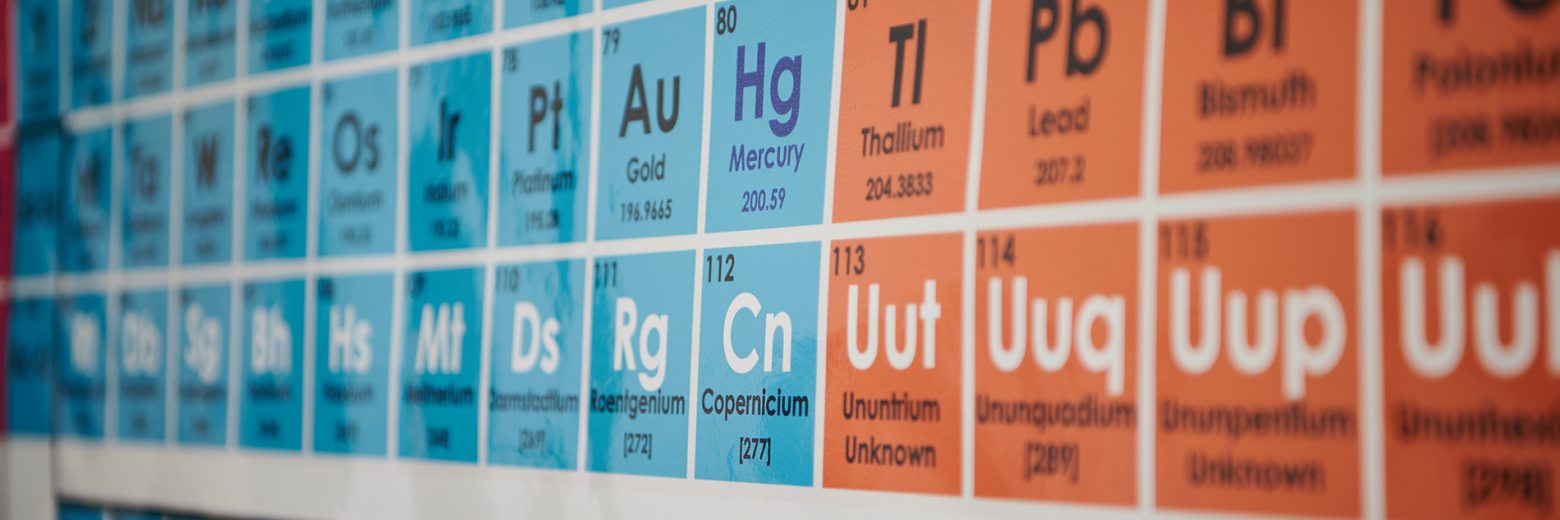CHEMISTRY
We want to help develop an interest in and an enthusiasm for Chemistry. Students are given the opportunity to acquire the skills, knowledge and understanding necessary for progression to further learning.
WHAT IS CHEMISTRY?
Can we do anything about global warming? What is nanotechnology? What happens when substances change state? Why do some things react quickly and others slowly? Do you have questions about the world around you? Come and study Chemistry to get some answers!
WHAT WILL I STUDY?
We want to help develop an interest in and an enthusiasm for Chemistry. GCSE Chemistry students are given the opportunity to acquire the skills, knowledge and understanding necessary for progression to further learning. In addition to developing an understanding of scientific concepts, the course is designed to develop students’ ability to apply ideas and evaluate information. GCSE courses have changed. Starting from 2017, the new GCSE results are scored from 1 – 9, with a level 5 being a good pass and level 7 equivalent to an A grade. We will be following the OCR Gateway qualification. The content is divided into six teaching topics. These are:
| Topic | Ideas covered |
| C1: Particles | The particle model; atomic structure |
| C2: Elements , compounds and mixtures | Purity and separating mixtures; bonding; properties of materials |
| C3: Chemical reactions | Introducing chemical reactions; energetics; types of chemical reactions; electrolysis |
| C4: Predicting and identifying reactions and products | Predicting chemical reactions; identifying the products of chemical reactions |
| C5: Monitoring and controlling reactions | Monitoring chemical reactions; controlling reactions; equilibria |
| C6: Global challenges | Improving processes and products; organic chemistry; interpreting and interacting with earth systems |
There is also a practical activity skills topic, C7 (students complete 8 key practicals); and the skills will be assessed in both exams
WHY SHOULD I STUDY CHEMISTRY?
Chemistry tends to focus on the materials which make up our world, both living and non-living. This course will help you to understand the underlying ideas that help us explain what we observe.
HOW IS IT ASSESSED?
| Paper | Modules | Weighting | Length | |
| 1 | C1-C3, C7 (with assumed knowledge of Topics C1-C3) | Section A – multiple choice questions (15 marks) Section B – structured questions including extended response (75 marks) | 50% | 1h 45 min |
| 2 | C4-C6, C7 | Section A – multiple choice questions (15 marks) Section B – structured questions including extended response (75 marks) | 50% | 1h 45 min |
WHAT DO I NEED?
Over the last couple of years we have had excellent results. To succeed you need a lot of enthusiasm and the capacity to work hard. The pace is fast so regular work and organisation is needed from the start of the year.
NOTES/READING LIST
OCR Gateway GCSE 9-1 Chemistry Revision Guide
Grade 9-1 GCSE Chemistry: OCR Gateway Exam Practice Workbook
GCSE Chemistry OCR Gateway Revision Question Cards
OCR Gateway GCSE Chemistry Student Book



